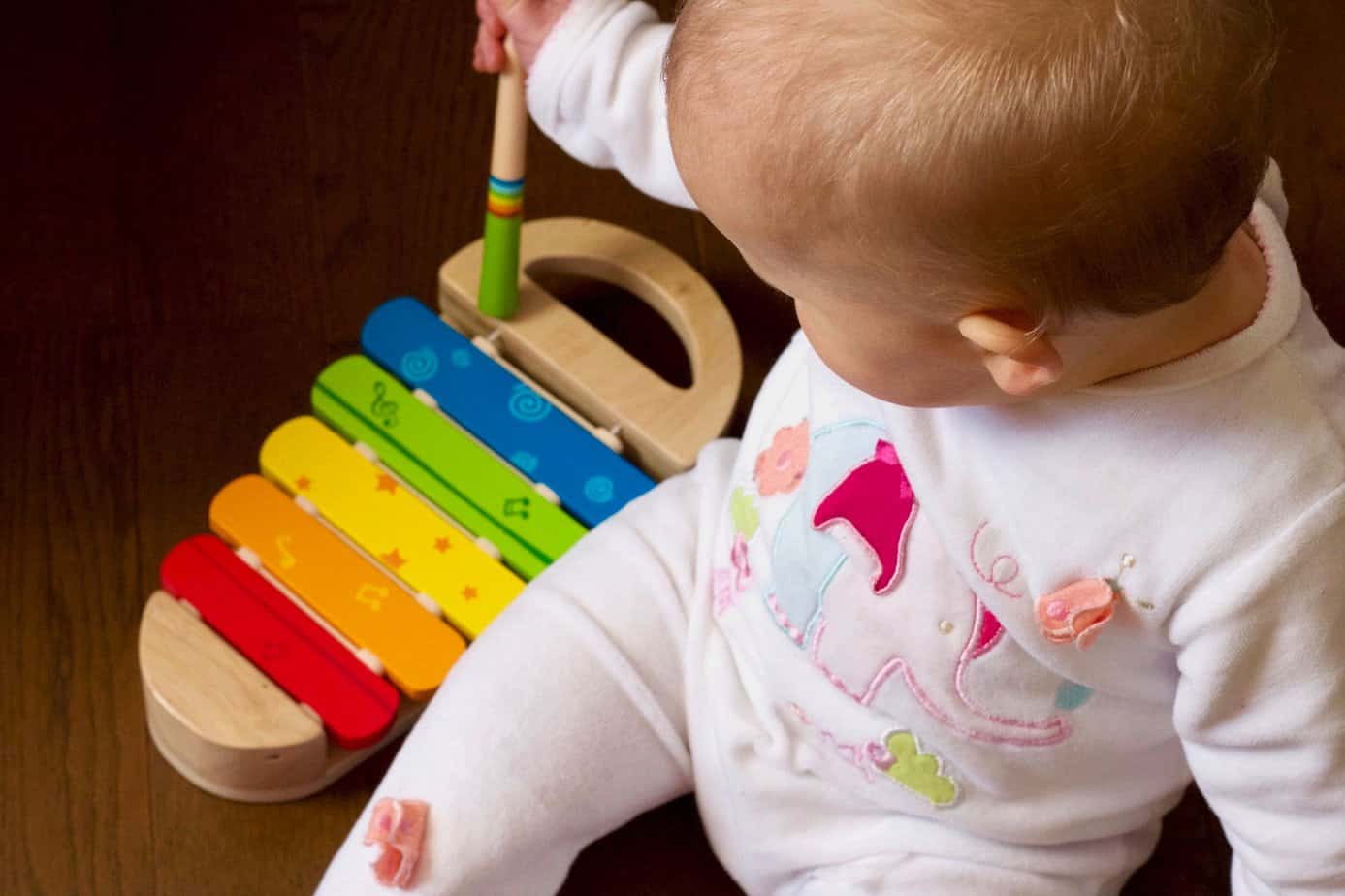
Babies grow and develop at an incredibly fast rate, and there are many influences that affect this process. While much of this growth is genetic, many elements of a baby’s environment and daily routine are also very important. This guest post takes a closer look at some of the ways that toys, play, and interaction can impact the development of babies in their earliest months and years of life.
Baby play toys can be a powerful tool for promoting healthy cognitive and physical development. Through exploration of objects and different shapes, babies learn cause and effect, strengthen fine motor skills, and increase problem-solving skills. Toys also help babies develop imagination and language, encourage the learning of colors, and foster communication and relationship building skills.
Babies’ interactions with the world around them is just as important as the physical environment and the play toys that populate it. These interactions don’t just come from family members.
When babies are given ample opportunities to play, explore, and learn from their caregivers, as well as peers and older children, their skills in language, problem-solving, creativity, social behavior, and independence grow. All of these activities together give babies the resources they need to reach milestones in a healthy and happy way.
Regularly engaging with baby play toy can benefit both babies’ physical and cognitive development. Tummy time, crawling, standing, and reaching for toys, all help to build the physical strength needed to meet milestones like crawling, walking, and climbing stairs. On the other hand, imaginative play can help strengthen memory, self-regulation, language, and creative-thinking skills.
Using technology can also play an important role in supporting the development of young children. Depending on the baby’s age and level of understanding, video chats and smartphone applications may offer developmentally appropriate activities, but nothing should replace the valuable time that babies and toddlers should be spending interacting with their caregivers, exploring their environment, and using toys.
In conclusion, it is important to provide babies with a safe and stimulating environment in which to explore and grow. Toys, play, and interaction with other people, as well as technology, and the physical environment, all have the potential to positively impact babies’ cognitive, physical, and social development. By keeping in mind the need for positive, nurturing experiences and regular engagement, we can ensure that babies are able to develop the skills needed to reach important milestones throughout their early lives.
Main photo: Jelleke Vanooteghem/unsplash.com
Sponsored text